
Kennesaw State graduate applies research skills to USDA fellowship
KENNESAW, Ga. | Aug 22, 2024
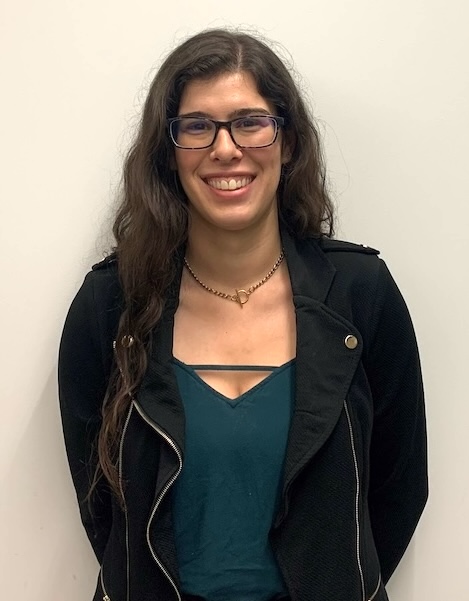
Now, Belinfante uses those skills to aid the country’s agricultural community, identifying bacterial respiratory infections in swine and searching for solutions through a fellowship with Oak Ridge Institute for Science and Education (ORISE) with the United States Department of Agriculture.
Belinfante, who graduated from KSU in 2023 with a degree in biology, works in the Virus and Prion Research Unit in Ames, Iowa, which has a stated mission of identifying and characterizing viruses, bacteria, and prions associated with economically important diseases affecting livestock and developing methods to control or eliminate these diseases.
Ultimately, the program aims to provide hands-on experiences and professional-development resources to advance scientific knowledge and career development.
“I have learned a lot of technical skills, which is immensely helpful, but one big thing I had to learn was to suck it up and ask questions when I had them,” Belinfante said. “I feel like a lot of people in college or who are just starting their careers are so afraid of not understanding something or coming across like they don’t understand something, but there comes a time when you have to realize that you can use the resources and people around you to grow.”
Belinfante explained how every five years, farmers will present problems they are facing, prompting researchers to begin searching for solutions.
Part of Belinfante’s current work confronting these bacterial respiratory infections involves DNA cloning. Belinfante’s team will take one segment of DNA and put it in a plasmid, then stick the plasmid into a different kind of cell and observing.
A plasmid is a DNA molecule that is different from the chromosomal DNA of a cell. This difference allows the plasmid to reproduce independently, and a prime spot for plasmids is in bacterial cells.
Belinfante then monitors the cells and notes any significant change.
“Getting this opportunity was a huge deal for me,” Belinfante said. “Once I graduated, I was working at a virus testing center for blood work and it was very tedious. I quickly became stuck in my routine. Then I got this position, and it completely changed like my life and my way forward because now I will hopefully be able to just start working on my PhD.”
Before she graduated, Belinfante participated in the Summer Undergraduate Research Program (SURP) through the Office of Undergraduate Research, where she studied under Andrew Haddow, assistant professor of microbiology.
Belinfante’s SURP project aimed to investigate the risk of mosquito-borne arboviruses at KSU by collecting mosquitos at the Field Station and Arboretum and screening them for West Nile and La Crosse viruses.
Through SURP, Belinfante was paid to complete a summer of research which provided her with valuable skills and resources to further her career.
“I never thought I would get these opportunities,” Belinfante said. “So, every time that I have a success, I’m proving to myself that I can do the things that I think that I can do.”
— Story by Alyssa Ozment
Related Stories
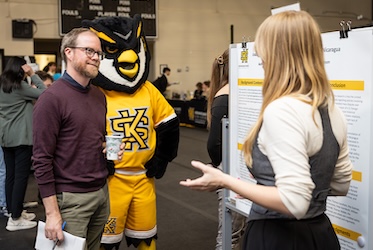
Kennesaw State students to present research at Symposium of Student Scholars
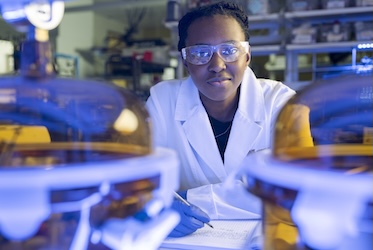
Chemistry student engaged in sustainable catalyst research through Kennesaw State's First-Year Scholars program
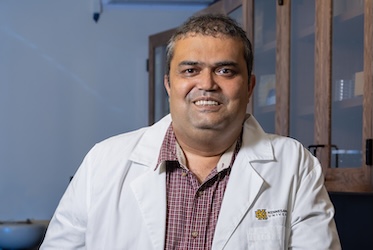
Kennesaw State researchers awarded Department of Energy grant to investigate materials that boost energy-efficient technologies
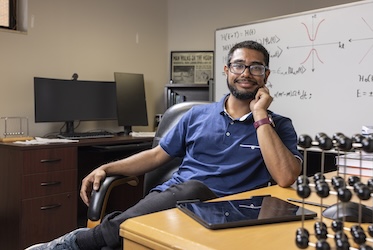
Kennesaw State physics student awarded Goldwater Scholarship
A leader in innovative teaching and learning, Kennesaw State University offers undergraduate, graduate, and doctoral degrees to its more than 47,000 students. Kennesaw State is a member of the University System of Georgia with 11 academic colleges. The university’s vibrant campus culture, diverse population, strong global ties, and entrepreneurial spirit draw students from throughout the country and the world. Kennesaw State is a Carnegie-designated doctoral research institution (R2), placing it among an elite group of only 8 percent of U.S. colleges and universities with an R1 or R2 status. For more information, visit kennesaw.edu.














